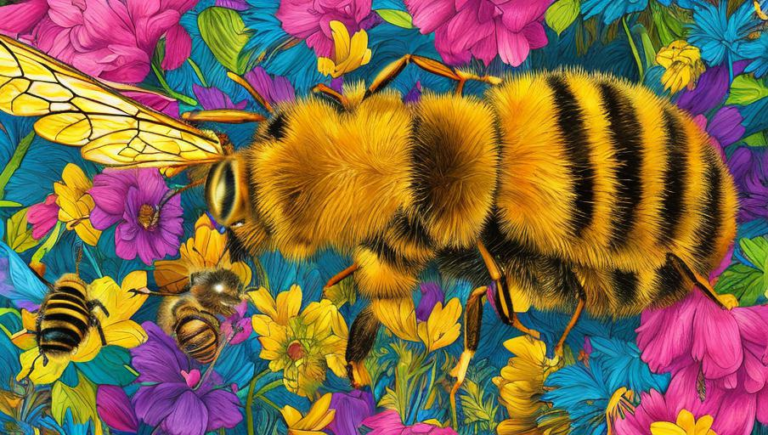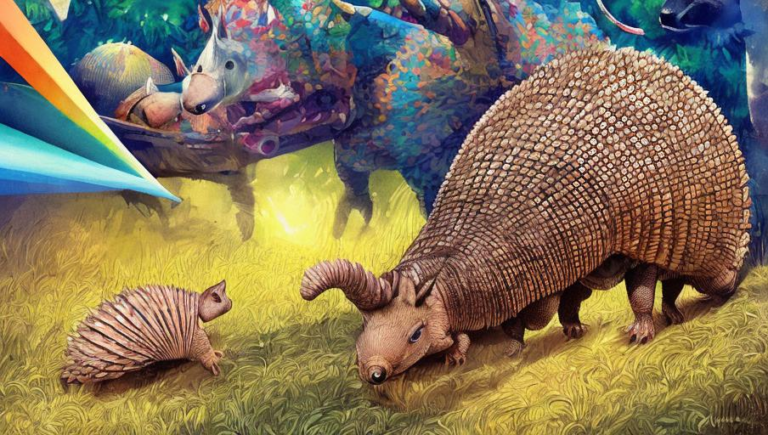Vital Facts on Alpaca Care

Introduction to Alpacas
An alpaca is a domesticated South American camelid, related to the llama, that is traditionally bred for its fiber. Alpacas are gentle and curious animals, and they can live up to 20 years when given proper care. They are relatively easy to care for, but it is important to understand their needs and how to provide them with an appropriate environment.
Housing and Shelter
Alpacas do best when they have access to an outdoor space with shelter and room to roam. Ideally, they should have access to at least one acre of land, but they can do well in smaller spaces. The shelter should provide protection from the elements and include a three-sided windbreak or a barn. It should also be large enough for the alpacas to move around and lie down. The floor should be covered with straw or wood shavings to provide insulation and cushioning for the alpacas’ feet.
Feeding Alpacas
Alpacas are grazers, which means they need access to fresh grass and hay all year round. During the winter months, they may need access to hay or other supplemental feed, such as alfalfa. Alpacas should also have access to fresh water at all times. In addition, alpacas may benefit from additional minerals, such as salt blocks and trace minerals.
Grooming and Health Care
Alpacas should be groomed regularly to maintain good health and prevent parasites. During the spring and summer months, alpacas should be brushed regularly to remove dirt and debris. Alpacas should also be checked for parasites, such as lice and mites, and treated if necessary. Annual vaccinations and regular deworming is also recommended to maintain the health of the alpaca.
Socialization and Training
Alpacas are social animals and should be kept in groups of at least two or three. They should also be handled regularly to help them become accustomed to people and to build a bond of trust. Alpacas can be trained to lead, load into a trailer, and accept a halter. Training should start when the alpaca is young and should be done in a positive and humane manner.
Conclusion
Alpacas can be wonderful companions and provide hours of enjoyment. By understanding their needs and providing them with appropriate care, they can live long and healthy lives. With proper housing, nutrition, grooming, and socialization, alpacas can be an enjoyable and rewarding addition to any family.





